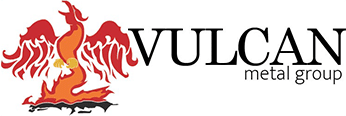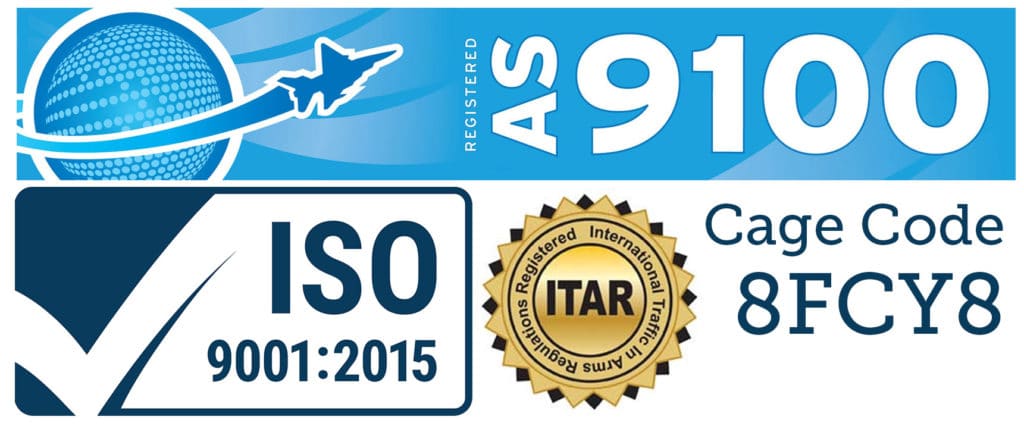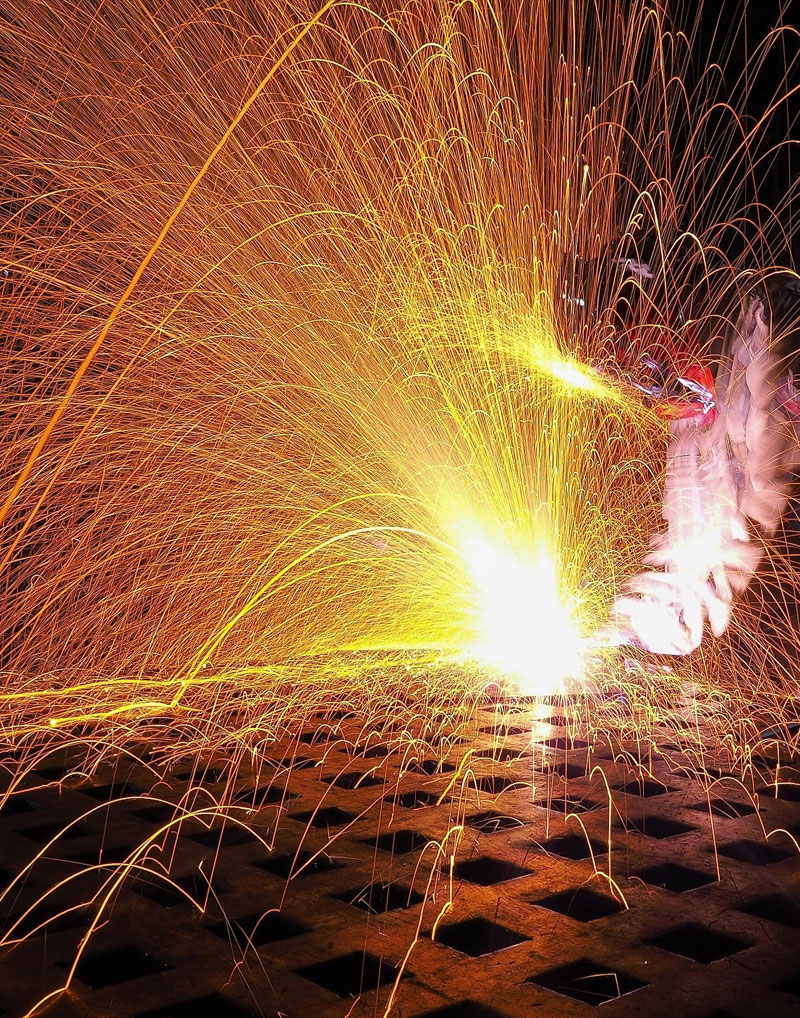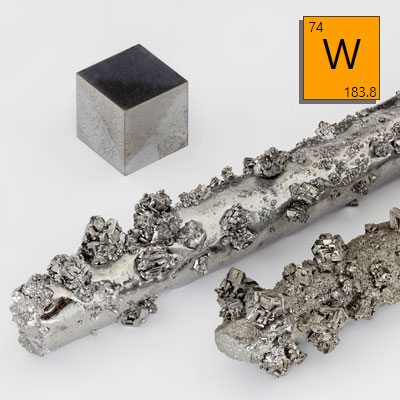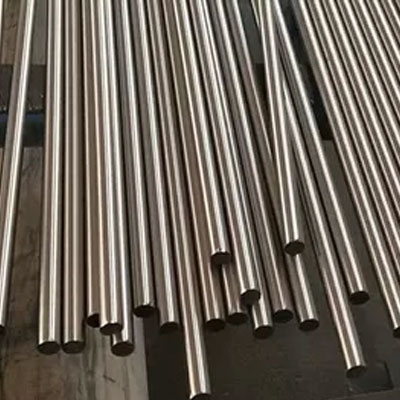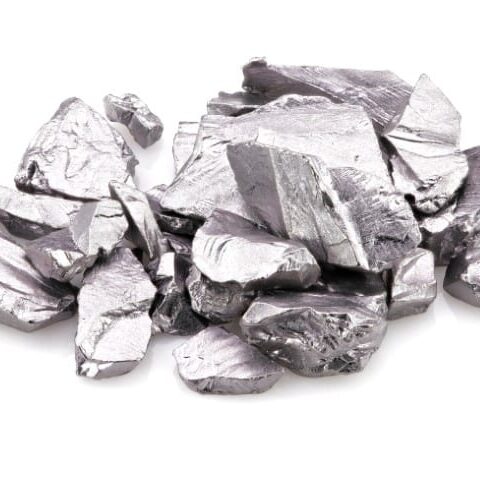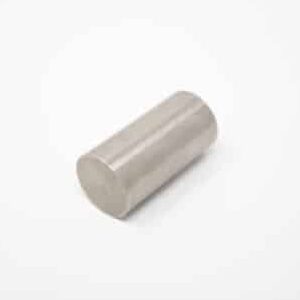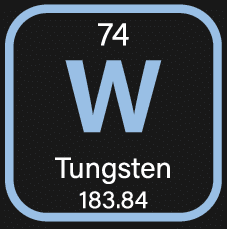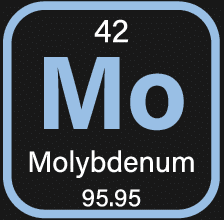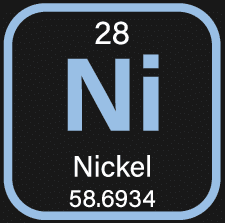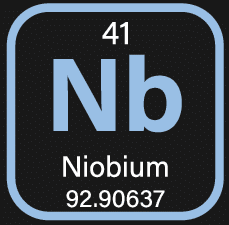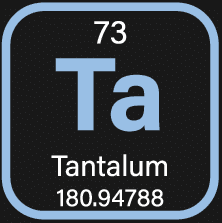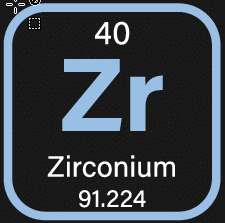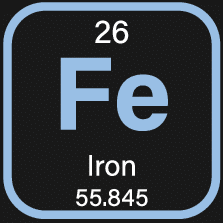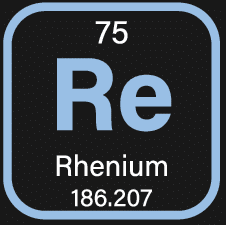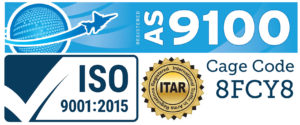Specialty Metals Supply – Vulcan Metal Group
Vulcan Metal Group supplies specialty metals including nickel and titanium alloys together with refractory metals such as molybdenum, niobium, stainless steel, tantalum, titanium, tungsten and tungsten alloys. We supply top quality specialty metals from stock in the form of plate, block, cube, pipe, tube, rod, bar, sheet, powder and wire to the exact specification for your project.
Vulcan Metal Group is a specialty metals supplier with years of experience helping customers specify and we can supply almost any specialty metal material you need.
Why we are the best choice for specialty metals supply
We know you have options when it comes to sourcing specialty metal materials. At Vulcan Metal Group, we are focused on this one goal: making your project a success, no matter what it takes.
With just one phone call, we will check metals material sourcing, with competitive pricing, speed, and efficiency to ensure you meet your deadline, and your components are machined right the first time.
Our sole focus at Vulcan Metal Group is specialty metals, and turning those metals into the components you need for your project.
Our experts are just a phone call away
When you call Vulcan Metal Group for a quote, you will be speaking with knowledgeable specialty metals supply experts that speak your language.
We are here to make your projects work. With just one phone call, we will check specialty metal materials sourcing off your list, with competitive pricing, speed, and efficiency to ensure you meet your deadline with machined components, made right first time.
Contact Us
What are Specialty Metals?
Specialty Metals are defined as the following:
• Steel with a maximum alloy content exceeding one or more of the following limits: manganese, 1.65 percent; silicon, 0.60 percent; or copper, 0.60 percent; or containing more than 0.25 percent of any of the following elements: aluminum, chromium, cobalt, columbium, molybdenum, nickel, titanium, tungsten, or vanadium.
• Nickel, iron-nickel and cobalt-base alloys containing a total of other alloying metals (except iron) in excess of 10 percent.
• Titanium and titanium alloys
• Zirconium and zirconium base alloys
How to Select the Right Specialty Metal
When selecting specialty metals, it’s important to know exactly what application and setting they’ll be used in. For example, Kovar or nickel iron are often used in glass or metal hermetic sealings because the expansion rate for these metals is roughly equal to that of the glass that they’re being sealed to. Regardless of temperature fluctuations, the materials will expand or contract at the same rate, thus ensuring a solid seal and no risk of breakage.
Nearly all types of metal can have a specialty use, from basic materials like carbon steel to the most expensive grades of metal. For example, you can procure a billet of carbon steel for a fairly low cost. However, if that metal is whittled down and turned into specialty wire, its cost may increase significantly.
If you’re looking for the right material to patch a hole or leak in a large, high-vacuum commercial furnace, your metal choices would likely include molybdenum, TZM molybdenum, tungsten or graphite. These specialty metals are most often used (versus stainless steel or aluminum) for such repairs due to the application’s high-temperature requirements. From there, you can whittle down the choices by looking at your application’s specifications. If the furnace is made of metal, then you wouldn’t be able to use graphite for the repair, for instance.
Choosing the right specialty metal for your project is critical to ensuring proper functionality. To ensure the best fit, start carefully assessing your own project needs and then compare them against the properties and specifications of each prospective metal.
Refractory Metals
Within the specialty metal category, refractory metals have very high melting temperatures and are wear-resistant. Many refractory metals have melting points of more than 2000°C and include niobium, chromium, molybdenum, tantalum, tungsten and rhenium. Refractory metals with melting points higher than 1850°C include vanadium, hafnium, titanium, zirconium, ruthenium, osmium, rhodium and iridium.
Refractory metals are used in many different practice applications. For example, refractory metals are often used in casting molds, wire filaments, hard tooling and other high-density applications. Because these metals have extremely high-temperature properties, they’re used frequently in nuclear applications. The typical nuclear reactor may include more than 300,000 feet of zirconium alloy tubing. Protected by a thin oxide layer, Zirconium is extremely resistant to corrosion by acids, alkalis and seawater. As a result, it’s also used extensively by the chemical industry.
Another popular refractory metal, molybdenum is often used to strengthen certain alloys. When used in steel alloys, for example, this meal increases strength, hardness, electrical conductivity and resistance to corrosion and wear. “Moly steel” alloys are also used to build engine parts, in heating elements, and for drill and saw blades.
Titanium possesses similar strength as steel but is much less dense. It’s often used as an alloying agent with aluminum, molybdenum, iron and other metals and used in aerospace applications due to its low density and ability to withstand temperature extremes. Titanium alloys are also used to make laptops, golf clubs, crutches and bicycles.

we offer
CNC milling, machining and manufacturing services
If your component is ready to scale, we can help with by moving your prototype to mass production. Vulcan Metal Group specializes in CNC milling, machining and manufacturing short run specialty metal parts.
Whether you need one part or a hundred, we can help deliver to-spec CNC milling, turning and other machining to make sure your project stays on track and on budget.
Recent Specialty Metal Customer Requests
Tungsten
- High Density
- High Tensile Strength
- Melting Point > 3000 ° F
- Corrosion Resistant
- Very Ductile when Pure
Kovar ®
- First Patented in 1936
- Use for Metal to Glass Joints
- Controlled Expansion Alloy
- Just under 30% Nickel
- Great for “Clean Room” Builds
Tantalum
- Corrosion Resistant
- Used in Computers
- Discovered in 1802
- Non-Toxic Metal
- 4th Highest Melting Temp
Hiperco 50A ®
- High Magnetic Saturation
- High Mechanical Strength
- Superior Magnetic Properties
- High Flux Applications
- Flux Concentrator

Testimonials
Address
Vulcan Metal Group LLC
23888 Madison Street
Torrance, CA 90505
United States
Phone / Fax
Phone: +1 310.882.6841
Fax: +1 310.893.0579
Cage Code
8FCY8
Quality Policy: Vulcan Metal Group, LLC. supplies mission critical, special purpose materials, and products at a competitive price. The company’s quality system is registered to ISO 9001 and AS9100 and follows its principles for the governance of the business. An active continual improvement program and compliance with all applicable OSHA, federal, and state regulations is maintained.
